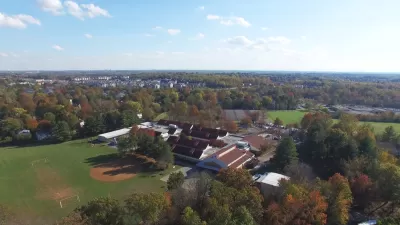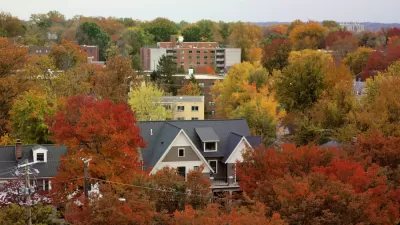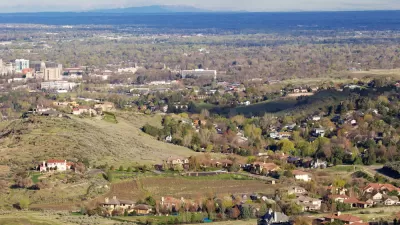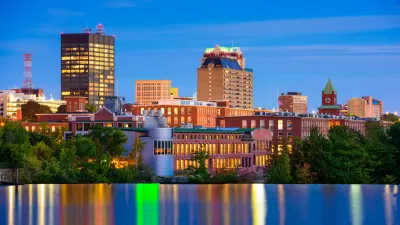The Montgomery County Council made a few last minute changes to a residential building moratorium that will take effect next week, halting construction in areas around the county's schools.

"The Montgomery County Council on Tuesday gave unanimous approval to an amendment to the county’s moratorium policy that allows certain developments to move forward despite a residential building freeze," reports Caitlynn Peetz.
The residential building moratorium is set to take effect next week, affecting 12 percent of the county, in areas surrounding schools. Montgomery County's actions to freeze residential development in response to overcrowding in schools first made news in when the moratorium was proposed in March 2018. The county finally enacted the moratorium in April 2019, as reported by both Ally Schweitzer and Alex Baca.
The council decided to relax the moratorium to allow projects "projected to yield fewer than 10 new students," projects that replace a condemned structure in or adjacent to a state-designated Opportunity Zone, or projects that include affordable housing in more than half of the planned residences.
FULL STORY: County Council Approves Amendment to Moratorium Policy

Maui's Vacation Rental Debate Turns Ugly
Verbal attacks, misinformation campaigns and fistfights plague a high-stakes debate to convert thousands of vacation rentals into long-term housing.

Planetizen Federal Action Tracker
A weekly monitor of how Trump’s orders and actions are impacting planners and planning in America.

San Francisco Suspends Traffic Calming Amidst Record Deaths
Citing “a challenging fiscal landscape,” the city will cease the program on the heels of 42 traffic deaths, including 24 pedestrians.

Defunct Pittsburgh Power Plant to Become Residential Tower
A decommissioned steam heat plant will be redeveloped into almost 100 affordable housing units.

Trump Prompts Restructuring of Transportation Research Board in “Unprecedented Overreach”
The TRB has eliminated more than half of its committees including those focused on climate, equity, and cities.

Amtrak Rolls Out New Orleans to Alabama “Mardi Gras” Train
The new service will operate morning and evening departures between Mobile and New Orleans.
Urban Design for Planners 1: Software Tools
This six-course series explores essential urban design concepts using open source software and equips planners with the tools they need to participate fully in the urban design process.
Planning for Universal Design
Learn the tools for implementing Universal Design in planning regulations.
Heyer Gruel & Associates PA
JM Goldson LLC
Custer County Colorado
City of Camden Redevelopment Agency
City of Astoria
Transportation Research & Education Center (TREC) at Portland State University
Jefferson Parish Government
Camden Redevelopment Agency
City of Claremont





























